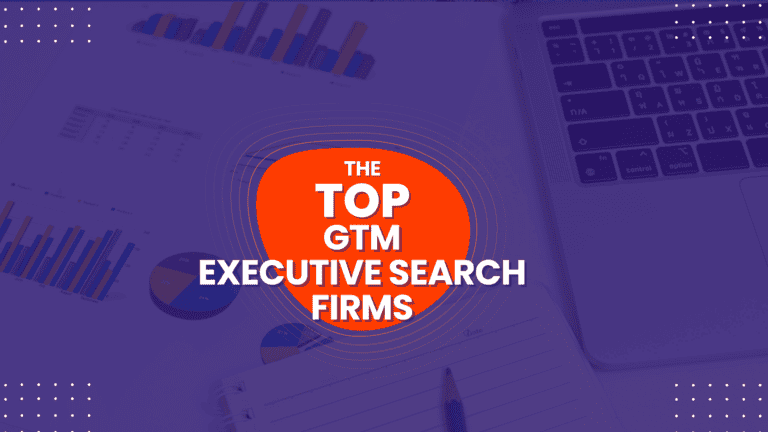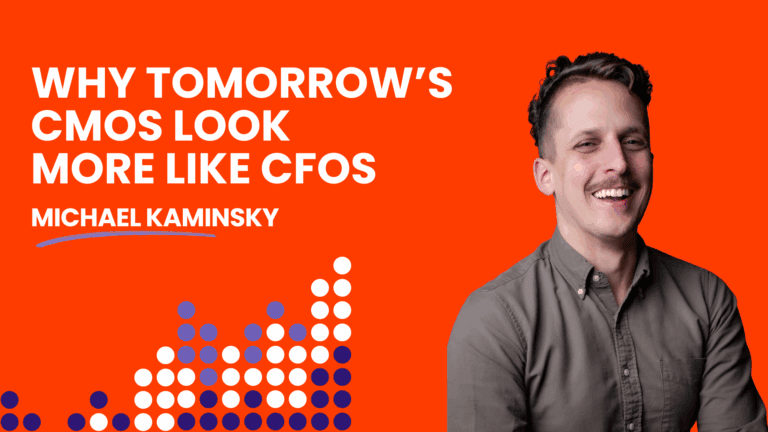At Talentfoot, we speak every day with senior marketing leaders who are grappling with how generative AI is reshaping the buyer’s journey. Search is no longer the primary discovery channel; decision-makers are increasingly relying on AI assistants like ChatGPT, Gemini, and Perplexity to recommend products and services. That shift raises an urgent question for CMOs: how do you ensure your brand is cited as the authoritative answer in this new environment?
To get perspective, we were fortunate to have the chance to sit down with Evan Bailyn, founder of the Generative Engine Optimization (GEO) marketing discipline. While today there are hundreds of marketing agencies offering GEO, Bailyn’s firm First Page Sage was the first to do it in early 2023. They have also developed most of the foundational research in the space beginning with breaking down ChatGPT’s recommendation algorithm.
In this interview, Evan explains why GEO matters to marketing executives and what steps they can take to remain visible as AI becomes the default interface for discovery.
Q: Why does GEO belong on the executive agenda?
Evan: Because increasingly, it decides whether your company even gets considered. If you’re not showing up in AI answers, buyers may never see you. That makes it more than a marketing channel issue; it’s a business growth issue. Plus, when AI platforms start citing your brand, it builds on itself: the more you’re mentioned, the more likely you are to be mentioned again. That’s why it belongs on every CMO’s radar.
Q: Where do you see the most immediate ROI from GEO for enterprise marketers?
Evan: The clearest ROI is in customer acquisition cost. Being cited in AI answers shortens the research phase and reduces competition for clicks. That lowers cost per lead and often accelerates sales cycles. Over time, being consistently included in AI search results also builds trust in your brand, which is harder to measure but hugely valuable.
Q: Many marketing organizations are already investing in SEO, content, and reputation. How should leaders rebalance in light of GEO?
Evan: GEO is a complement to the work you’re already doing. SEO is still very much worth investing in, but instead of just optimizing for rankings, you need to optimize for cite-ability now. That means securing inclusion in authoritative lists, ensuring your awards and partnerships are highly visible, and formatting data in ways AI can easily parse. CMOs should allocate budget not just for creating thought leadership, but for strategically placing it where AI assistants consistently pull information.
Q: What’s the best way to operationalize GEO inside a large marketing organization?
Evan: It should be viewed as a team effort across several marketing and communication channels. GEO touches SEO, PR, reputation management and even customer success. Reviews, for example, can determine if you get recommended by Gen AI. SEO should be structuring the website so that every way a customer would search for what you sell (e.g. by industry or user case) has a dedicated page. PR should be landing you in authoritative directories and articles. Customer teams should be helping generate positive sentiment. The CMOs doing this well are pulling people from across functions into a GEO group that works off one integrated thank you so much strategy.
Q: Looking further out, how do you see GEO evolving as AI adoption accelerates?
Evan: GEO will become as foundational to marketing as SEO has been the last 20 years. Right now, it’s about visibility in AI-generated answers. Soon, it will influence procurement, vendor selection, and even automated RFPs. AI will be the interface for discovery. The CMOs who treat GEO as a strategic growth lever today will own their categories tomorrow. It’s one of those rare shifts that redefine the marketing function, and those who move early will hold a lasting advantage.




